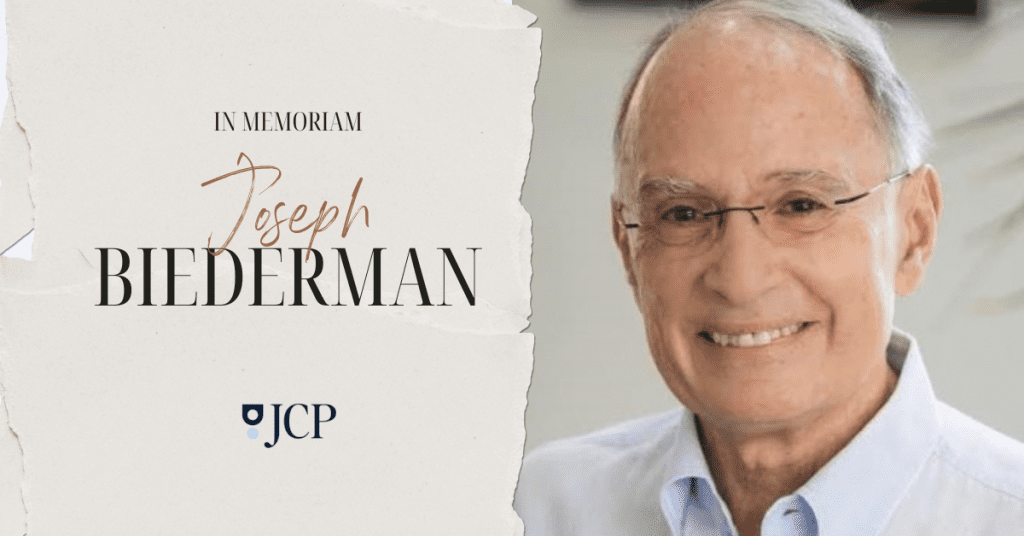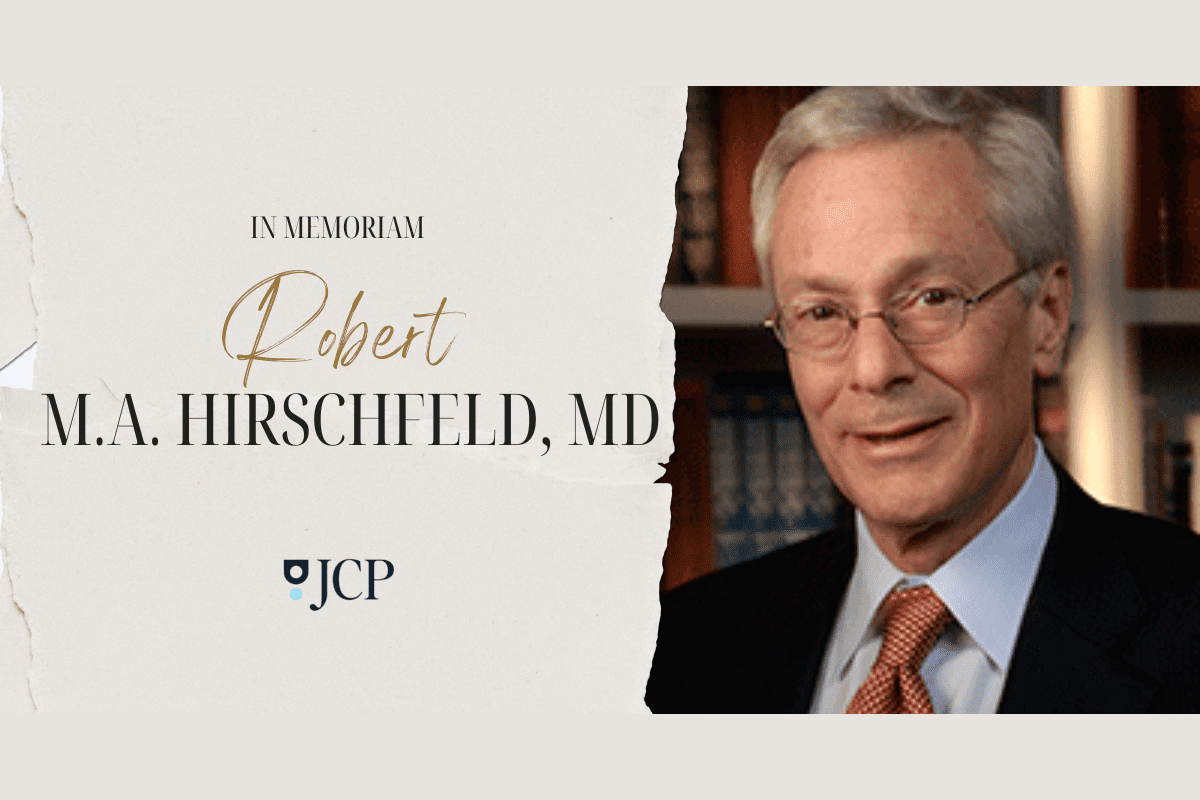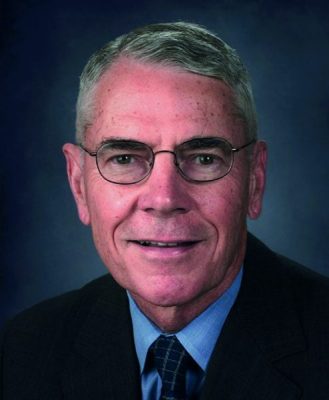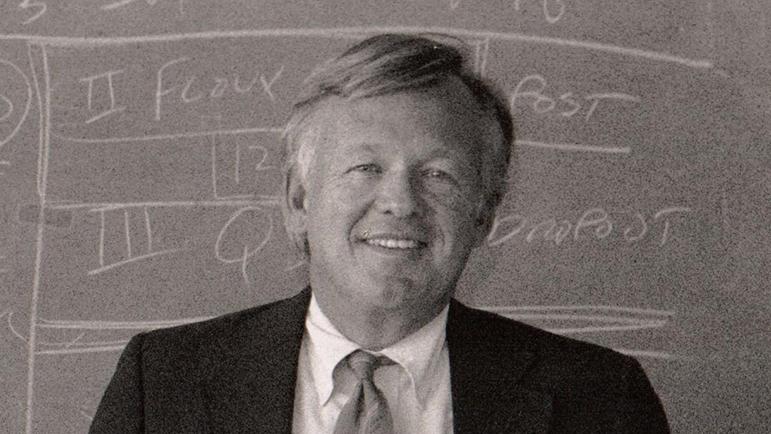
J Clin Psychiatry 2023;84(2):23f14803
To share: https://doi.org/10.4088/JCP.23f14803
Publisher’s note: Originally published January 11, 2023, in MGH Psychiatry News; adapted here with permission of the copyright holder.
© 2023 Massachusetts General Hospital.
It is with the deepest sorrow that we report that Joseph Biederman, MD, died on January 5, 2023, after his battle with cancer. Simply stated, Joe was a true legend. His research work, carried out over more than 4 decades, propelled forward the study of ADHD and the field of Child Psychiatry. He was regarded as the father of pediatric psychopharmacology and demonstrated tireless dedication to the examination of the causes, diagnosis, and treatment of ADHD across the lifespan. His work has been internationally recognized, accepted, and integrated into the practice of medicine. He was one of the most cited psychiatrists and child psychiatrists in all of medicine and one of the most productive researchers at Harvard Medical School. If all he did was research, that would have been enough for an impactful legacy. But Joe was so much more than just a researcher.
Joe was a mentor to several generations of faculty, both at Massachusetts General Hospital (MGH) and at other institutions. He worked closely with junior clinical investigators who now themselves mentor the next generation of clinician scientists. The MGH Division of Child Psychiatry is a testament to Joe’s decades-long inspirational leadership, during which, at every turn, he guided the fulfillment of our faculty’s collective work.
Joe was a master clinician to whom colleagues and friends would send their most severely ill children knowing he would apply his vast clinical wisdom to help craft a path to better emotional well-being for a young person in need. In addition to his exceptional competence as a psychopharmacologist, he was highly regarded as an empathic physician who was beloved by his patients and their families. He never steered from the clinical care of children with serious mental illness. He derived great joy from the management of pediatric psychiatric illnesses and saw clinical work as the essential means of uncovering the most important research questions which, when answered, provided the needed precise treatment for child psychiatric disorders. He reminded us daily of the need to support families—not blame them—for the psychiatric illness affecting their children. He continually taught us to listen to our patients, to observe, to generate solutions, and to innovate, all to better the lives of those sitting across from us.
Joe’s accomplishments, too many to mention here, have collectively left an indelible body of work, impacting clinicians, researchers, and countless patients and their families. While we mourn the passing of our witty, passionate, bold, and brilliant friend and colleague, let us also celebrate Joe as a pioneer and maverick in the field of child psychiatry and a fierce advocate for his patients and their families. For those of us who credit Joe with our careers, our successes past, present, and future honor him. To continue without him is unthinkable, but, with heavy hearts, we carry on the endless work of psychiatry, knowing that is what he would want us to do.
This PDF is free for all visitors!
Save
Cite



